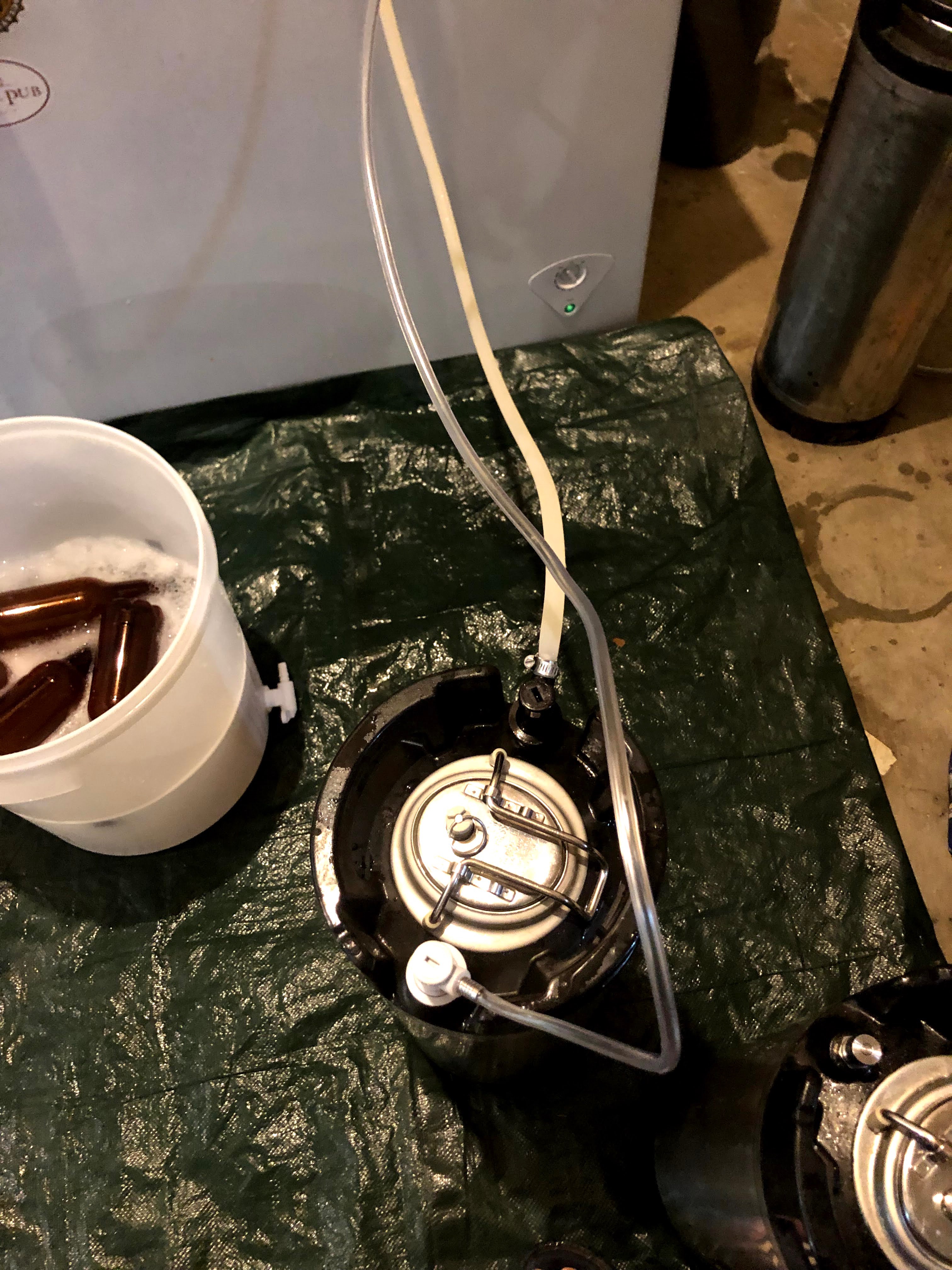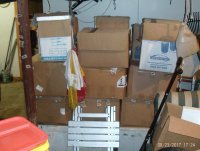- Joined
- Jan 28, 2013
- Messages
- 3,887
- Reaction score
- 2,929
I've recently started making 12 gallon split batches and bottling a 6 pack of each to save.
I've noticed all anecdotally of course that I'm enjoying the bottle conditioned beers more. I feel the flavor is deeper and richer, the aroma is more prominent and I'm really enjoying them more than off the tap.
Anyone else digging their bottled beers more than off the tap?
I've noticed all anecdotally of course that I'm enjoying the bottle conditioned beers more. I feel the flavor is deeper and richer, the aroma is more prominent and I'm really enjoying them more than off the tap.
Anyone else digging their bottled beers more than off the tap?






